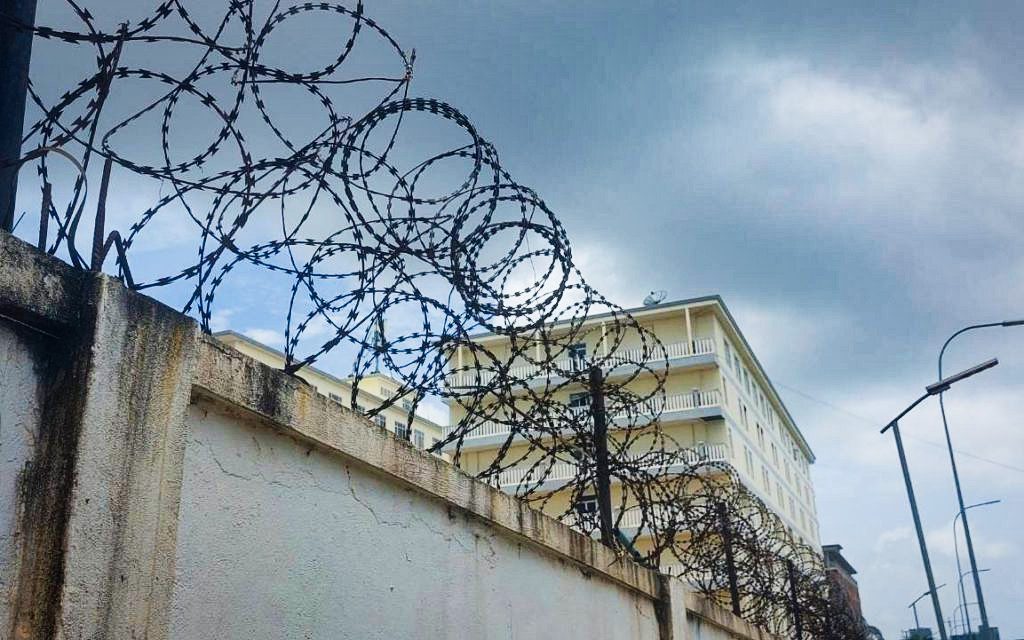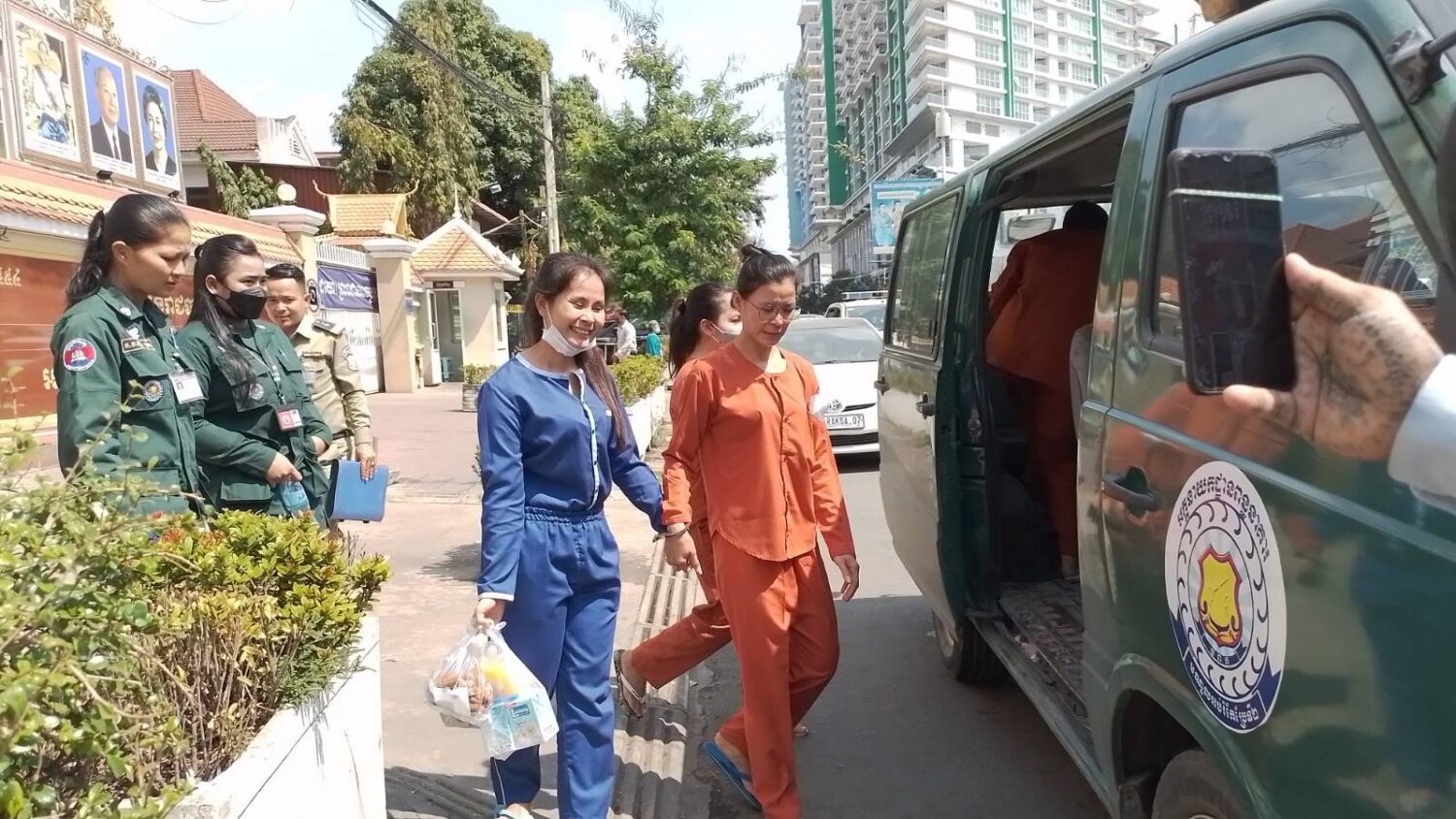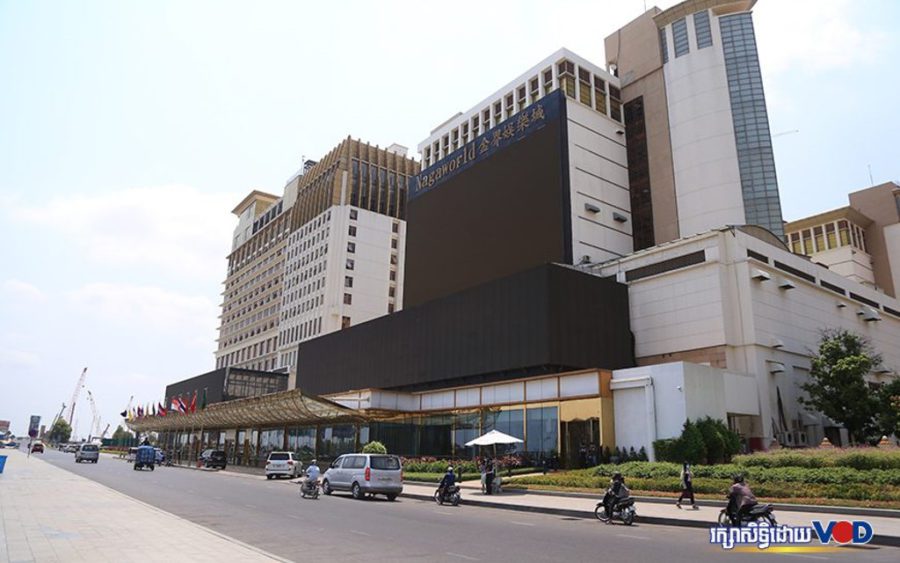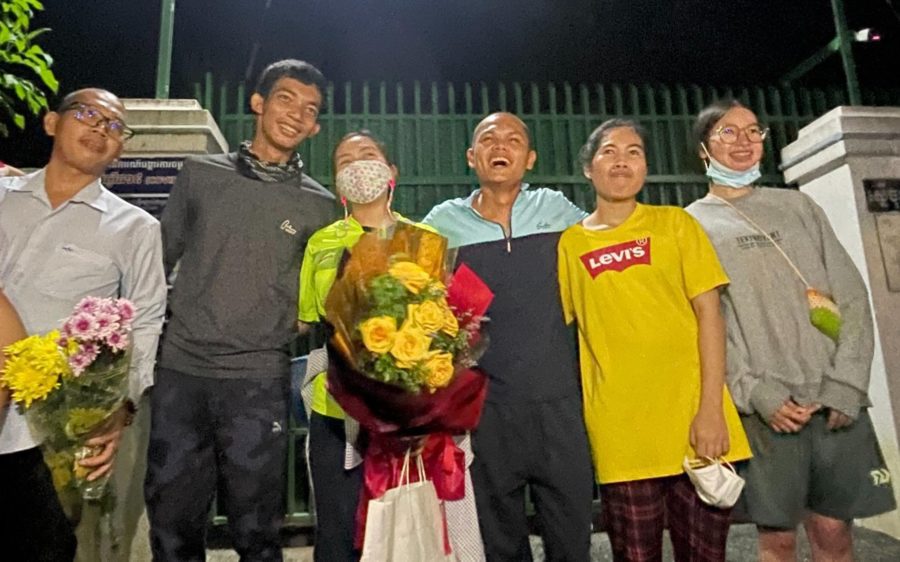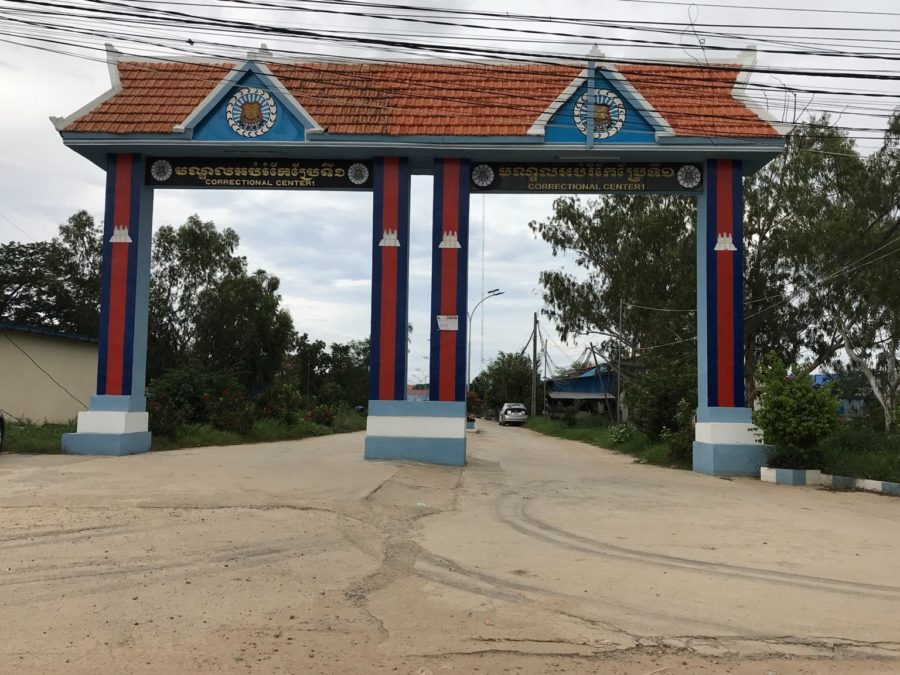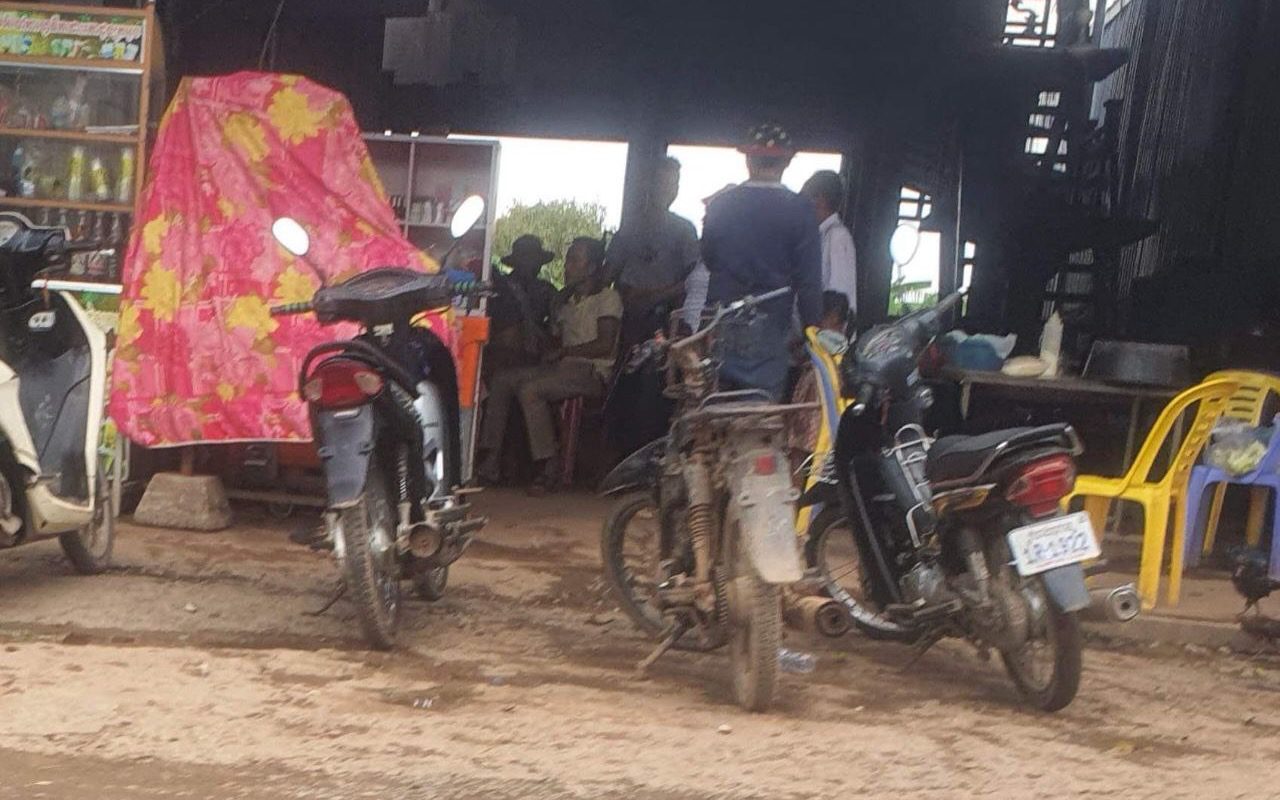The Chinese Embassy this week warned its nationals of violent incidents and recruitment traps by scam operations in Cambodia, and asked that citizens report and testify against fraud, kidnapping and illegal detention.
In a statement posted online Wednesday in Chinese, the embassy said there had recently been an unusual string of incidents resulting in injuries for Chinese nationals in Cambodia.
Without detailing the incidents further, the statement warned against “recruitment traps,” in which scam operations entice Chinese citizens to be smuggled into Cambodia with false advertisements of high-paying jobs in human resources, sales or customer service.
“Citizens must not believe in false advertisements of high-paying jobs. If citizens encounter fraud, kidnapping, illegal detention and such, please report to the police and the embassy immediately,” it said.
The statement stressed that scam operations and online gambling were illegal, and said “offenders will be punished.”
Chinese law enforcement agencies would work with Cambodian authorities to “step up” against scam operations led by Chinese nationals, it said, offering leniency under the law for anyone willing to come forward with information.
The statement listed a variety of contact details for Chinese authorities:
- China’s crime reporting hotline: 010 6626 1404, [email protected]
- China’s global call center for consular protection: +86 10 12308, +86 10 5991 3991
- Chinese consular protection: 023 210 206, 078 946 178, 061 983 749 [email protected]
- Chinese citizen documents consultation: 011 572 624, 012 901 937, [email protected]
- China-Cambodia law enforcement coordination: [email protected]
It also included the Cambodian emergency services number, 117, and the Cambodian police hotline for foreigners, 031 20 12345 and 031 60 12345.
Meanwhile, in Preah Sihanouk, provincial governor Kuoch Chamroeun continued to rail against the international attention that had resulted from February’s “blood slave” case, over which authorities have jailed rescuers by alleging that the tale of an uncooperative worker being harvested for blood was fabricated.
A video posted by the Cambodia China Times shows Chamroeun highlighting the case at a meeting with officials.
“The blood slave, this issue has given us the most suffering, and I cannot forget this issue,” he said, alleging that the man had tried to raise money to fly home by making up the story.
“I posed the question immediately, how much can be charged for a bag of blood and why is there the buying and selling of blood? In Cambodia, I have donated nine times and I have never gotten a riel. How could he sell his blood? … I still haven’t cooled down,” Chamroeun said.
In the face of police interrogations, the man had confessed to lying, the governor said. “They caused an impact and it almost made Cambodia’s economy collapse.”
Immigration police spokesman Keo Vanthan said the man, in the case, initially arrested in February, had been deported to China on Thursday.
“He’s arrived in his homeland,” Vanthan said.
Accounts of foreign workers trapped in Cambodian scam operations have continued to emerge, however, with calls for help to local police at times being dismissed or prosecuted as exaggerations.
On Friday, Cambodian officials responded to the Chinese Embassy’s statement by saying that crimes happen in every country.
“Every country has criminals, and no single country has no criminals. The statement to warn its people is a normal thing, and we also have the policy to eliminate the online [operations] gradually, and we’ve often raided and arrested hundreds, and we’ve just sent [back] hundreds,” said Interior Ministry spokesman Khieu Sopheak.
“The cooperation between countries is in good shape. Our authorities have good cooperation with Thailand, China and the FBI,” Sopheak said.
Scams and human trafficking were illegal, but they required criminality from multiple parties, he said, including sometimes those across borders.
“For example, the slaughtering of wildlife: If there were no people eating their meat, there would be no people who would slaughter them.”
Government spokesman Phay Siphan said Cambodia thanked China for its cooperation.
“It shows there is high attention paid to cooperation between Cambodia and China in the fight against scams in Cambodian territory,” Siphan said. “Scams don’t happen only in Cambodia, but every country and citizen, and each country has different measures.”


